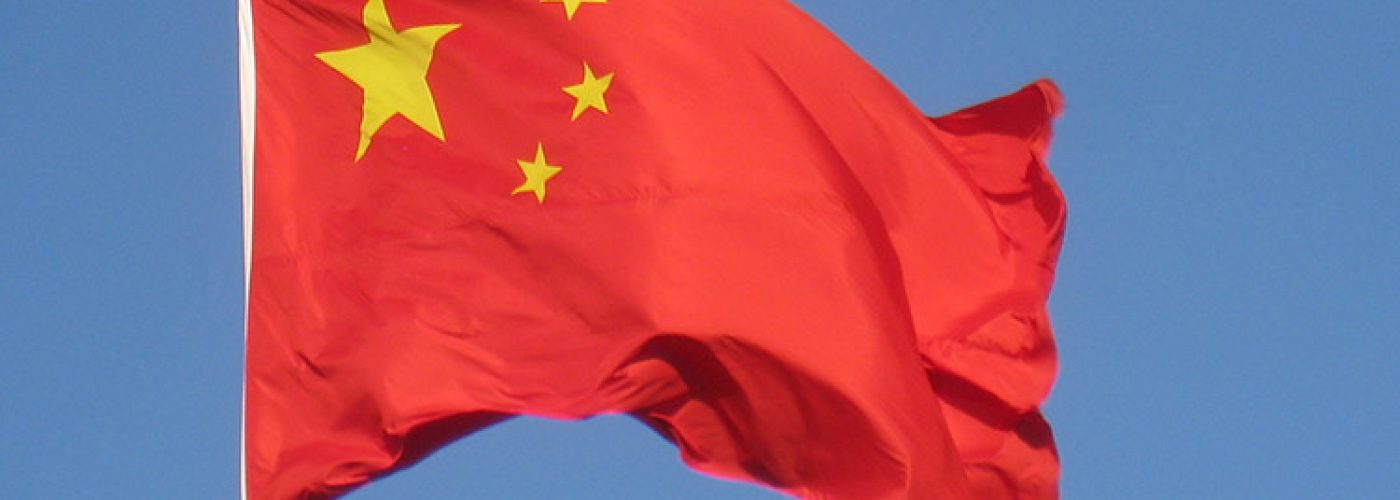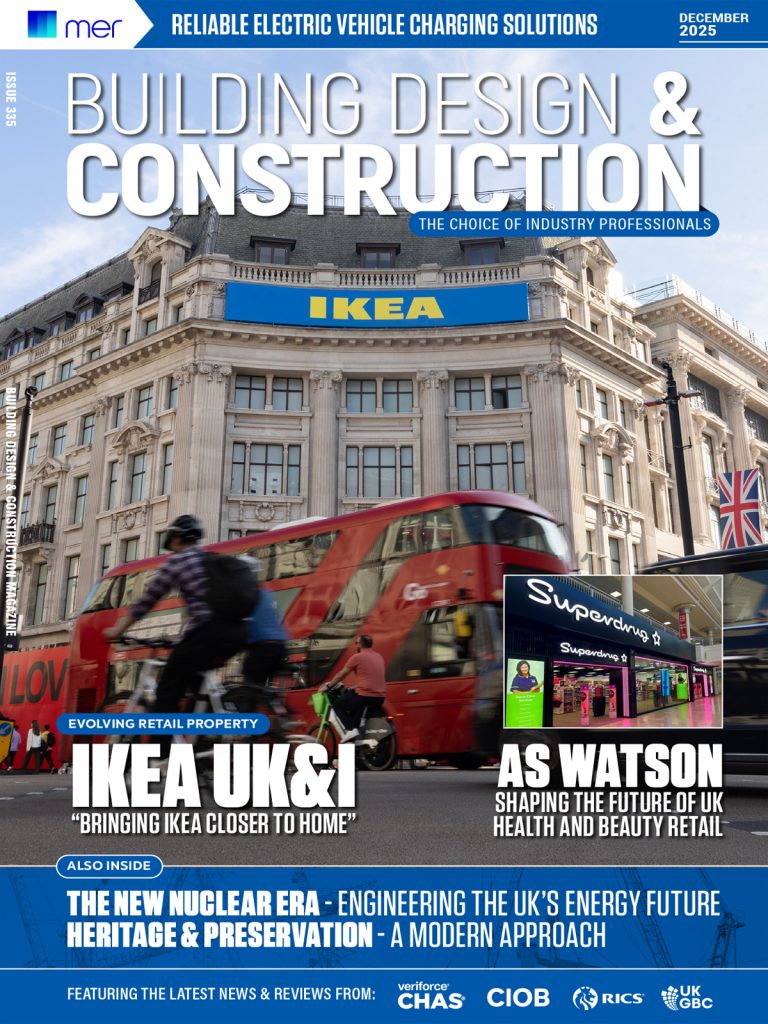13 August 2016 – by Shekha Vyas
The UK property industry has been a major beneficiary of Chinese investment over the past decade. Between 2005 and 2015, the country invested £13.5bn into UK estate, with some £3bn of that arriving in the past year. But has that increasing flow of capital into the sector been jeopardised?

Does last week’s change in rhetoric from the new Conservative leadership, with prime minister Theresa May delaying the final approval of EDF’s £18bn Hinkley Point nuclear project in Somerset, have the potential to cut off Chinese investment into UK real estate?
There certainly has been a strong backlash against May’s stance. This week, the Chinese ambassador to the UK, Liu Xiaoming, wrote a letter to the Financial Times in which he said the relationship between the two countries was at a “crucial juncture”, and a column by news agency Xinhua, largely seen as the official voice of the Chinese government, claimed that May had jeopardised the “hard-won mutual trust with China”.
“If you want to break away from your European neighbours you probably want to get closer to Asia,” said Collin Lau, founder of Bei Capital Partners and former head of real estate at sovereign wealth fund China Investment Corporation. He added that, when dealing with Chinese investment, consideration should be given to “not just managing your own risk, but also about being considerate for the investor’s risk”.
If more projects are delayed, Chinese investors may quickly add up the amount of time wasted and capital lost and reassess their view on UK property and divert their attentions to other global markets.
“You can block one project like Hinkley Point, but if you are blocking the majority of projects, it makes no sense. The Chinese will look at that from a very statistical point of view,” said Lau.
For UK-based investors with ties to Chinese investors, the Hinkley Point spat has made for awkward conversations and the need for reassurance, especially in the context of having built up trust with relationship-driven players from the Far East.
One property investor that has formed a major joint venture with a Chinese firm said the row over Hinkley Point illustrated the ability for capital to be redirected in the longer term.
All the content from this weekís magazine, including this article, is available in the new app.
He said: “Seeing the response made my blood run cold. With Brexit, China holds enormous power in negotiating a trade deal with us, and at the first sign of a problem there is a major reaction.”
To allay these concerns, the government will have to send positive signals in building its relationship with China as well as ensuring that the UK remains an attractive place to invest, particularly in the context of the result of the EU referendum.
Negotiating a coherent Brexit strategy would go a long way in ameliorating the fears of Chinese investors, some of which are concerned by prospective instability, said Ted Li, head of Cushman & Wakefield’s EMEA China desk in London.
“The currency has dropped by 12% since Brexit, not only against the US dollar but also the Chinese renminbi, and people are concerned it will drop again. State-owned investors think it is too risky,” he said.
“In general, the UK needs to look at how to stabilise the economy and the political uncertainty to make the Chinese feel comfortable. In the short term it might be painful, but if in one or two years’ time the economy recovers and we have a good exit agreement with the EU, then the UK is definitely very appealing to Chinese investors in terms of market liquidity and transparency in business.”
Making a public statement of intent to ensure there is a strong relationship between the countries is also important to China – as was seen during the state visit by president Xi Jinping to the UK last October and former chancellor George Osborne’s trip to China the month before.
According to Lau, May’s best bet to salvage ties and ensure Chinese capital continues to flow into the UK and its property industry might be to book some plane tickets.
He said: “If I were Theresa May, I would come and visit as soon as possible and send a message.”





